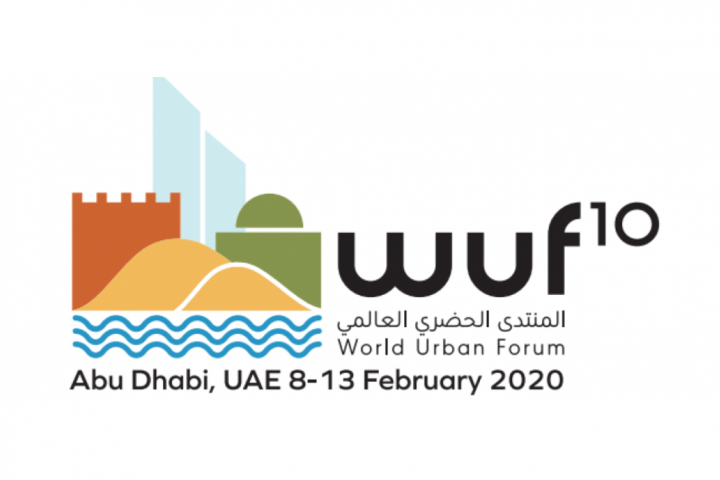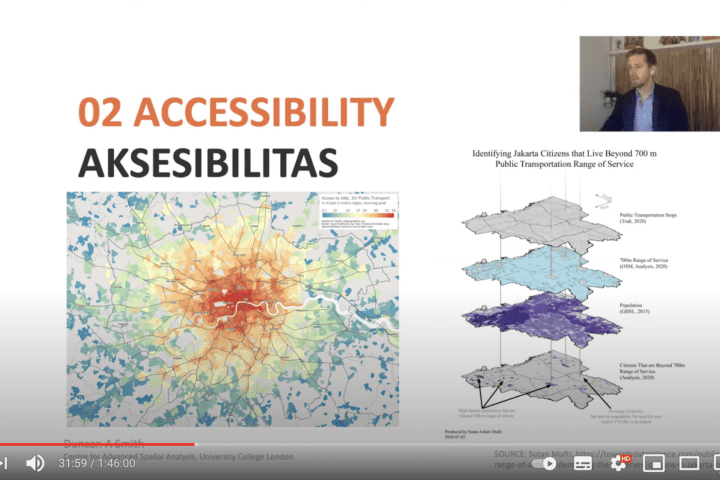
Areas of Work
A multidisciplinary approach
Research
Research is at the core of all projects. Building upon a solid understanding and contextualisation, plans & decisions can be made effectively and guide the process towards the intended outcome.
Design
Everything which surrounds us is constituted of design – from the furniture we use, the architecture, to our urban areas. But design is also the human language of communication – finding its place from data visualisation to presentations, reports and findings.
Mapping & GIS
Our cities and regions are intrinsically spatial. While some layers such as infrastructure are evident, also socio-economic or non-quantitative data can be localised. This allows us to find patterns, measuring impacts and make evidence-based decisions.
Data Analysis
Closely linked to spatialised information, our cities produce and contain a multiplicity of data – often underused. The effective analysis through statistical and advanced tools produces a foundation which should not act as a singular source of knowledge but as a substantial contribution to our understanding of urban complexity.
Workshops & Training
The best place to advance ourselves and learn and give back to others is in the format of multidisciplinary workshops and training. The interactive and participatory exchange with all stakeholders, ranging from the private and public sector to academia and the community, should always be at the core of inclusive development.
Project Management
Applied in a variety of projects such as architectural and urban design and European research, project management provides the needed tools to make good use of resources and ensure timely and successful completion of all types of activities.
Portfolio
Projects | Experiences | Skills

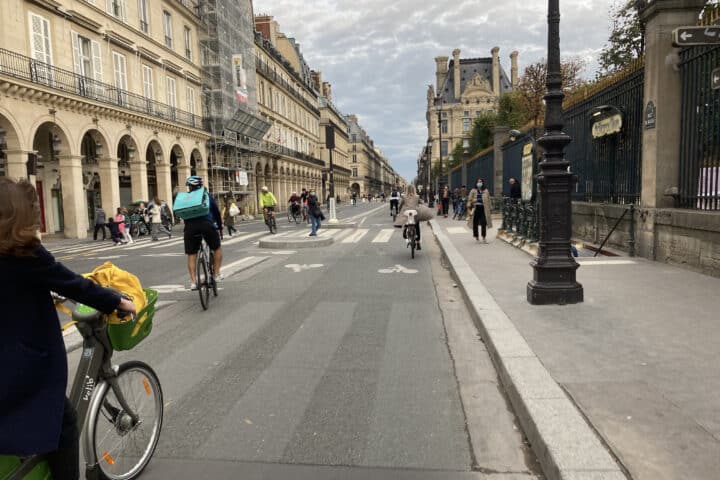
PhD Research: Urban Mobility Futures
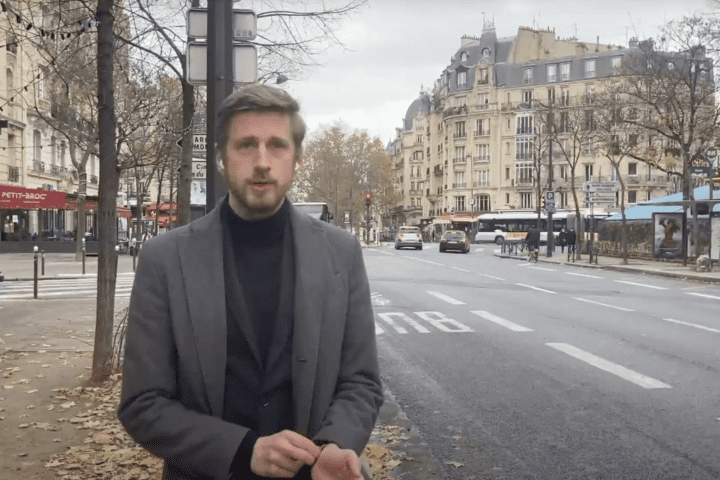
Seminar: Urbanisation & Mobility
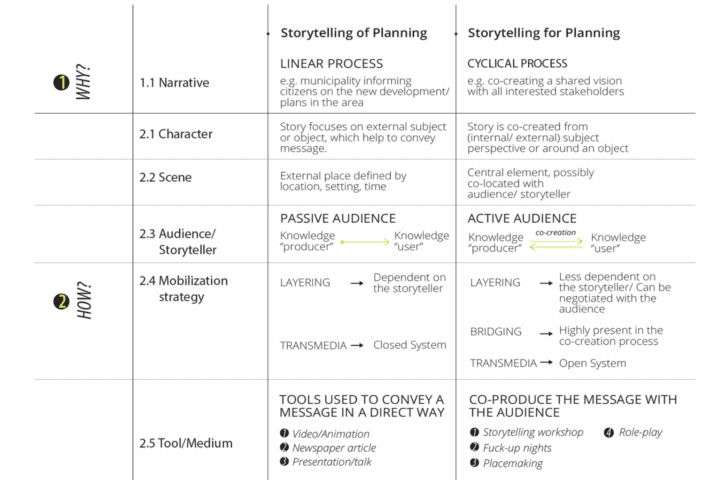
Storytelling of and for Planning
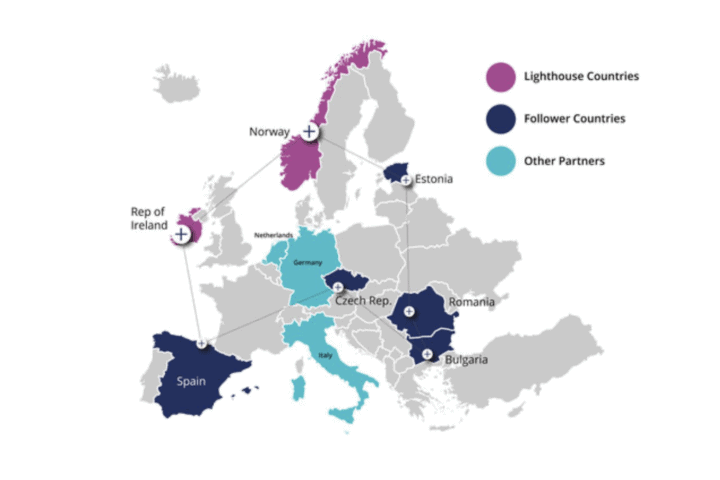
Co-Creating Local Energy Transitions Through Smart Cities
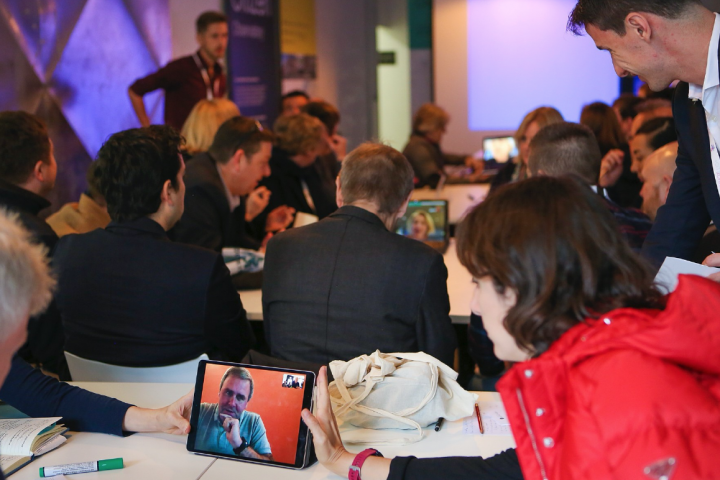
Methodology of Storytelling Workshops
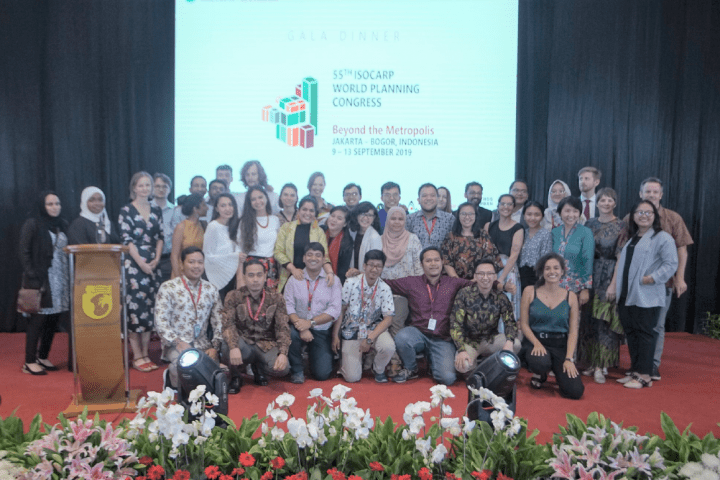
ISOCARP YPP Workshop in Jakarta/Bogor, Indonesia
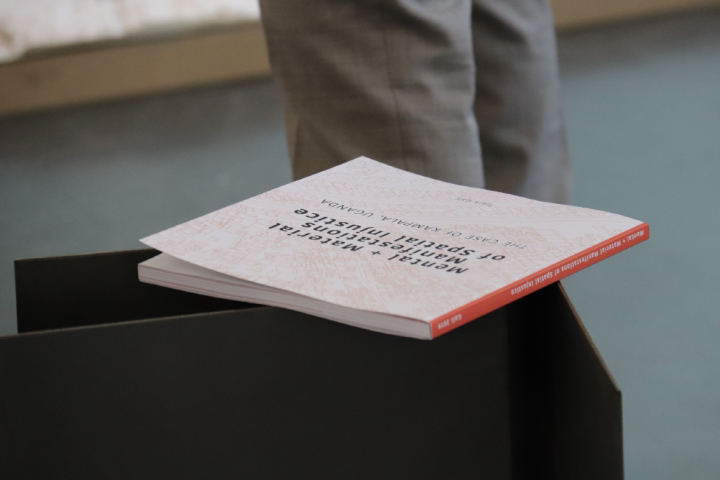
MSc thesis ‘Mental & Material Manifestations of Spatial Injustice’
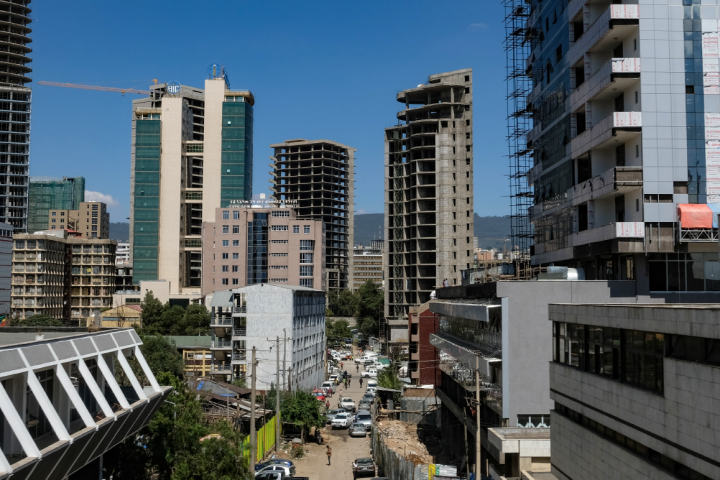
LSE Urban Age Addis Ababa – Developing Urban Futures
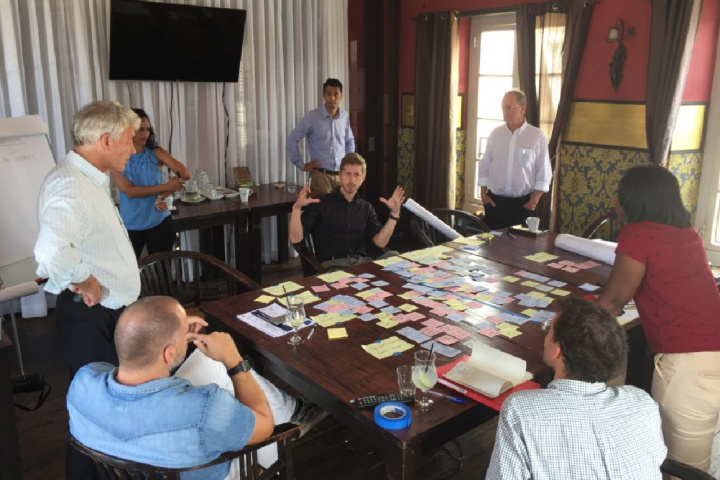
UNOPS Urban Vision Workshop Curaçao
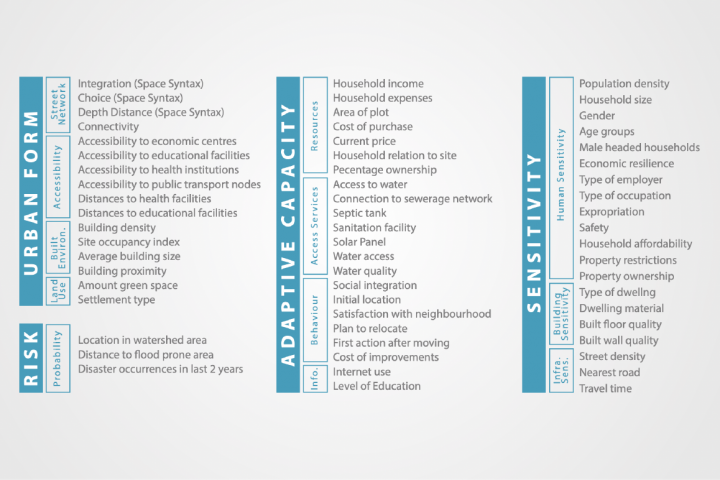
Flooding Risks & Social Vulnerability Nexus – A case study of Kampala, Uganda
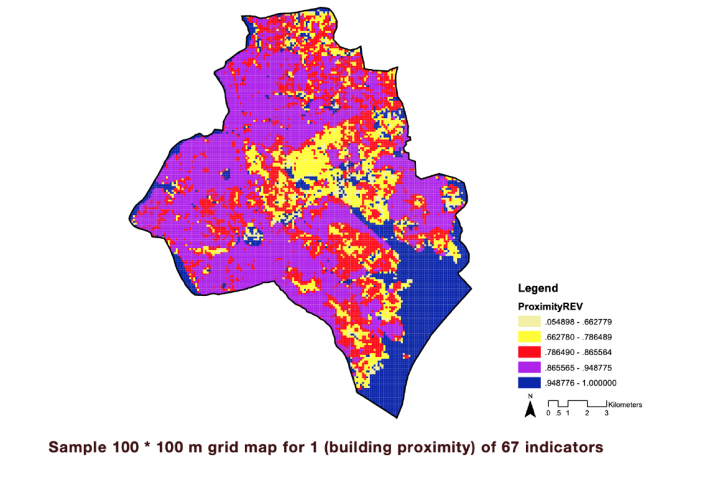
A methodological approach to measure interrelations between urban form and flood-related risks in Kampala, Uganda
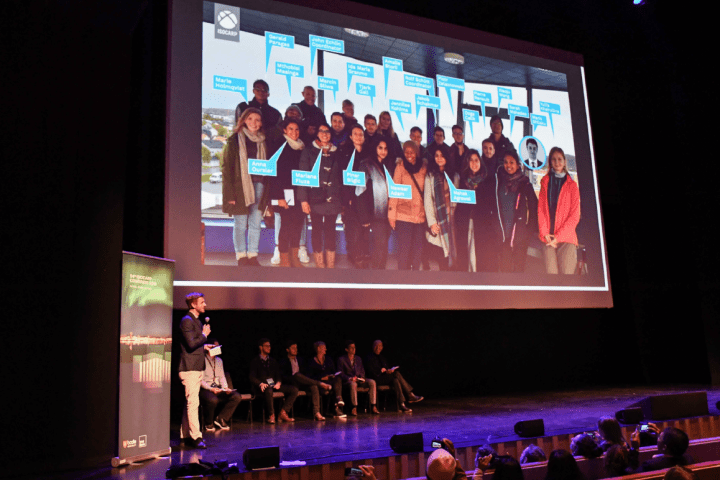
ISOCARP YPP Workshop in Bodø, Norway
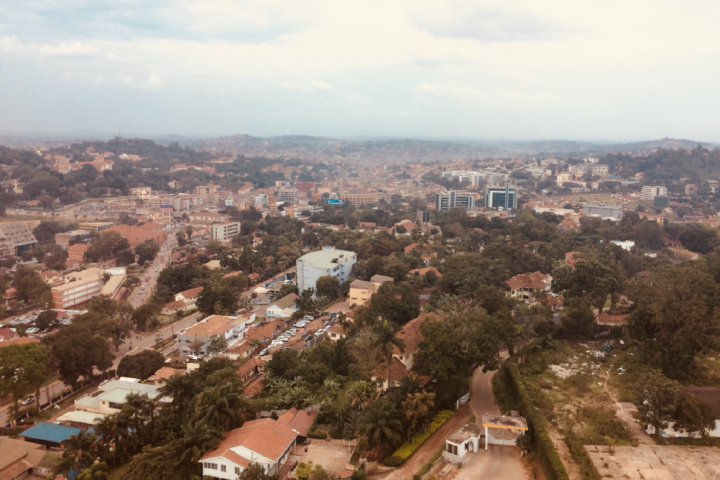
MSc thesis ‘How floods shape Kampala’s urban gestalt’
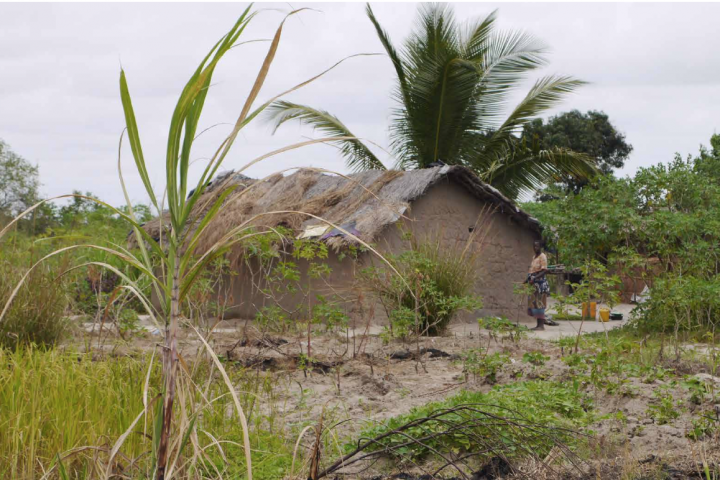
Re-Thinking the Land Ownership-Model in Malawi

Conceptual: Daily Routines
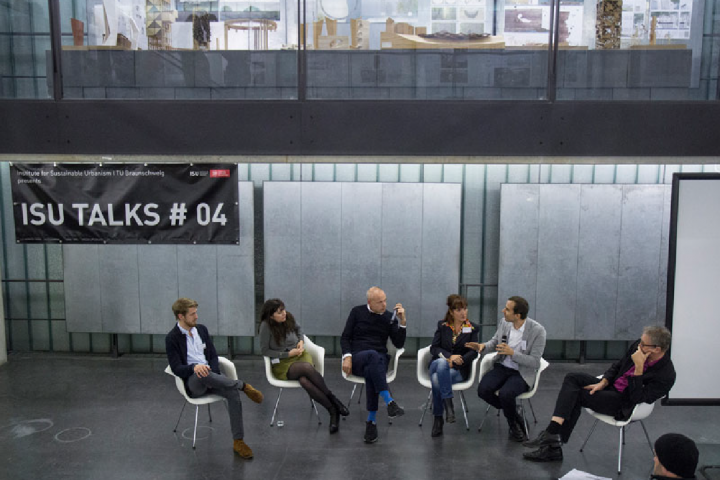
Malawi – Urban Growth vs. Planning
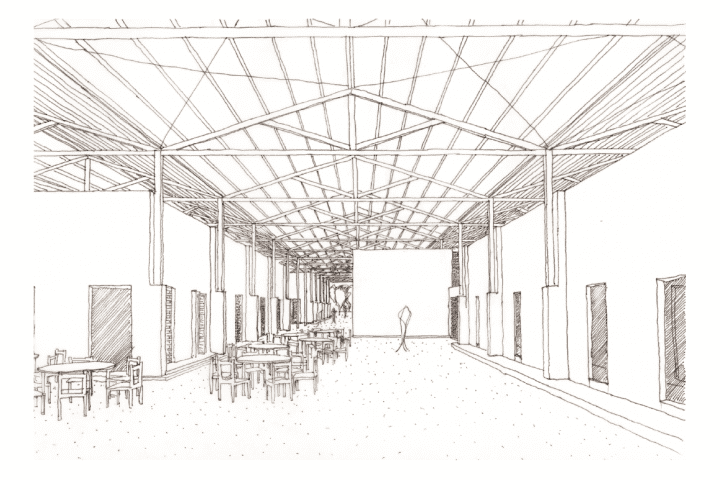
Training Centre for Construction and Building Materials
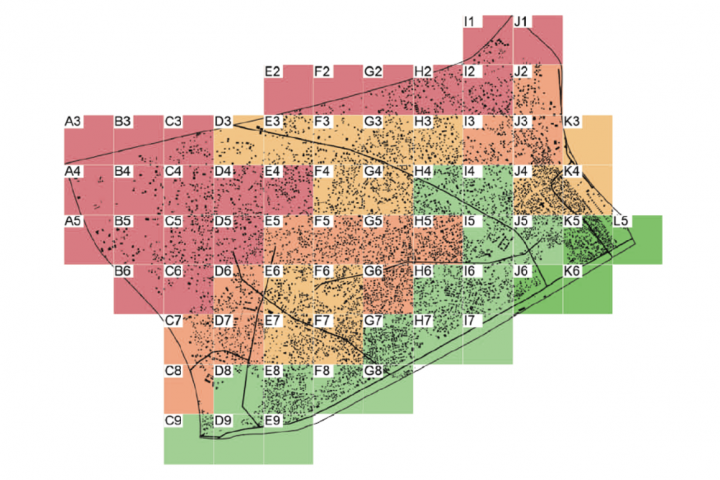
Digital Methods of Organic Growth Simulation
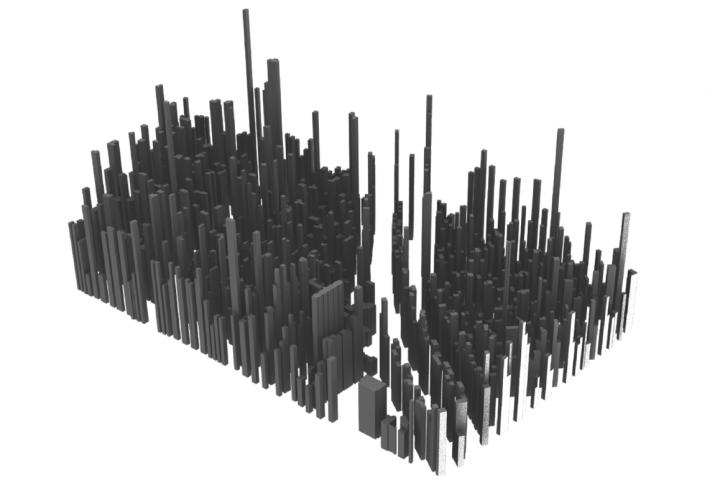
Urbanity in #
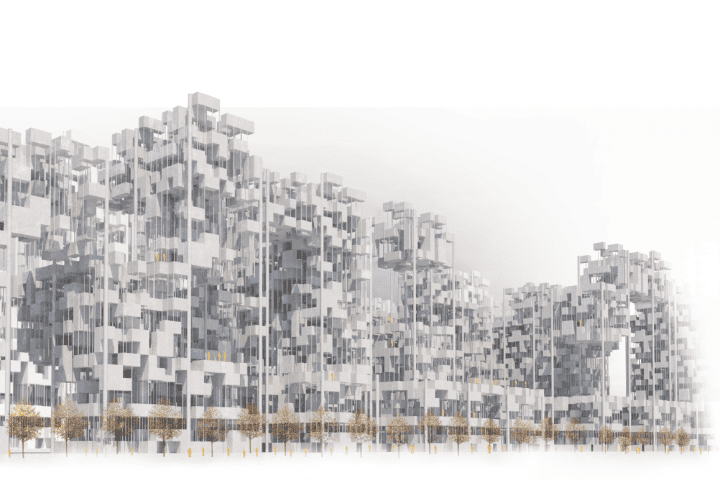
SkyHive Sao Paulo
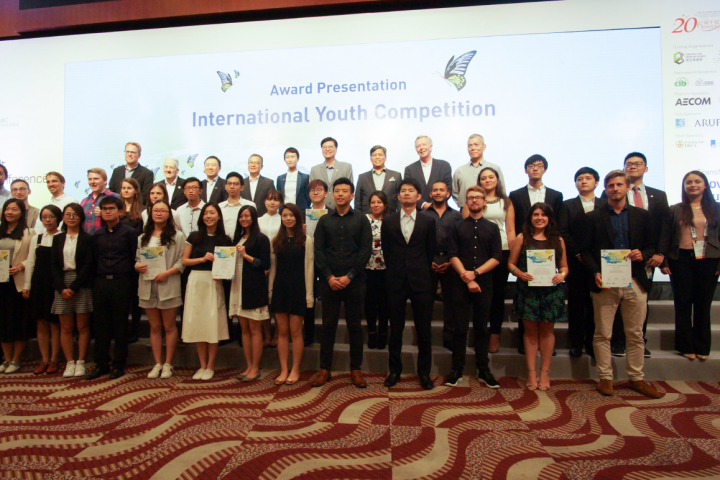
World Sustainable Built Environment Conference 2017
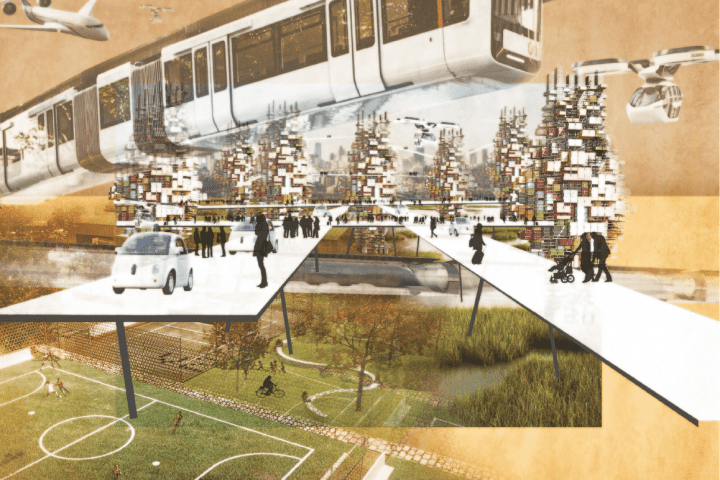
Conceptual: Tomorrowland
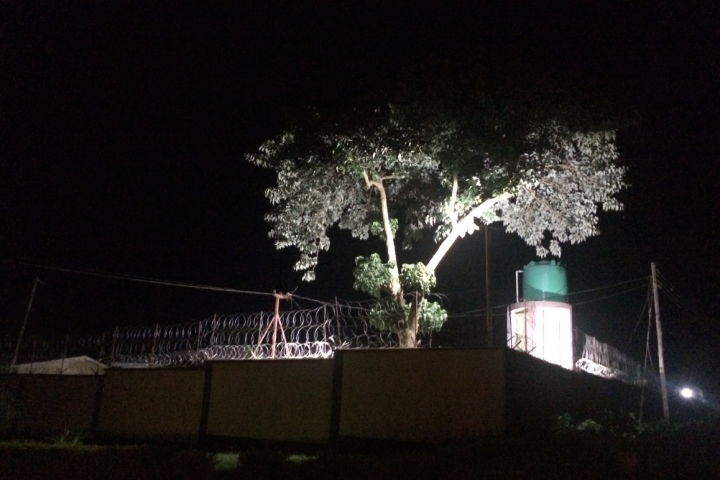
Lilongwe – Characteristics of social security after dusk
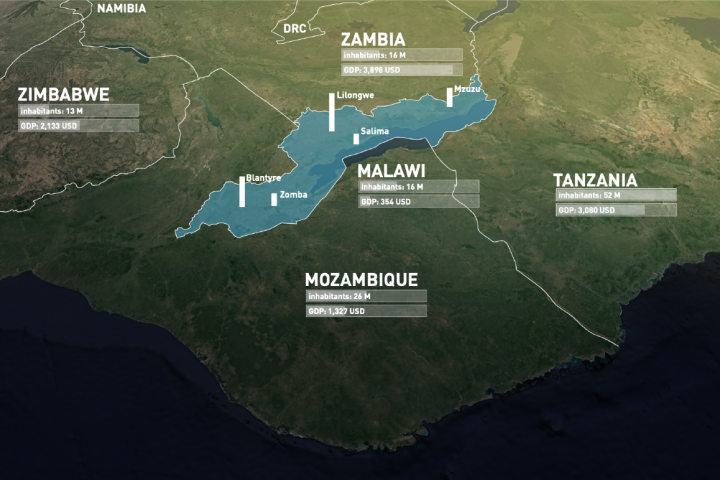
Smart & Sustainable Planning for Cities & Regions
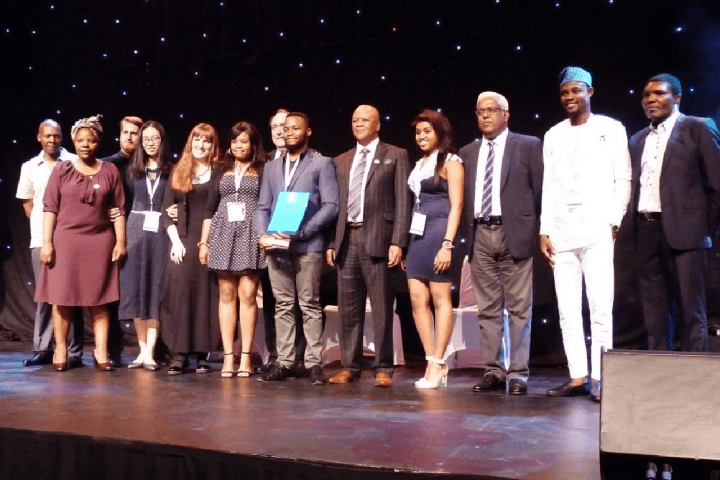
ISOCARP YPP Workshop in Durban, SA
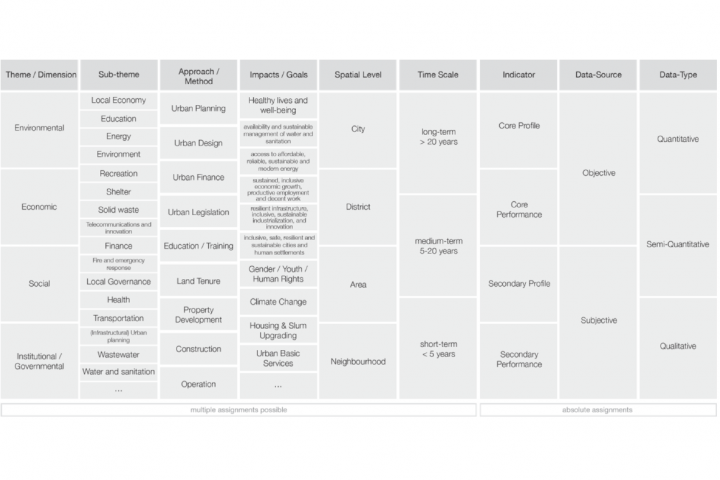
Tackling urban challenges in sub-Saharan Africa through indicator-based Sustainability Assessment
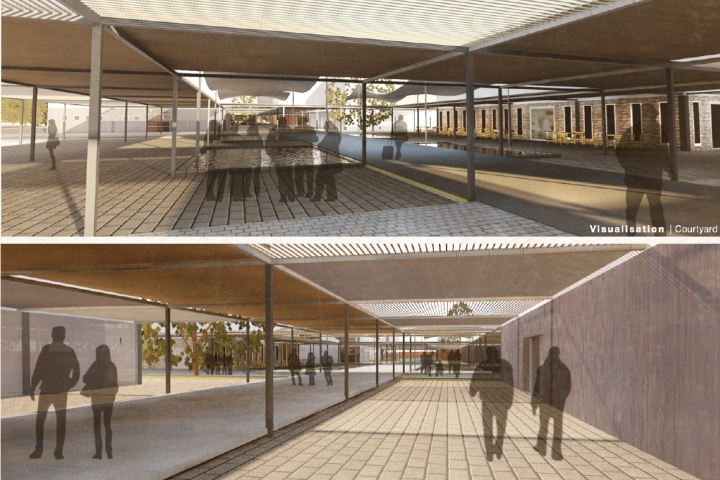
National Construction Industry Council Competition 2016
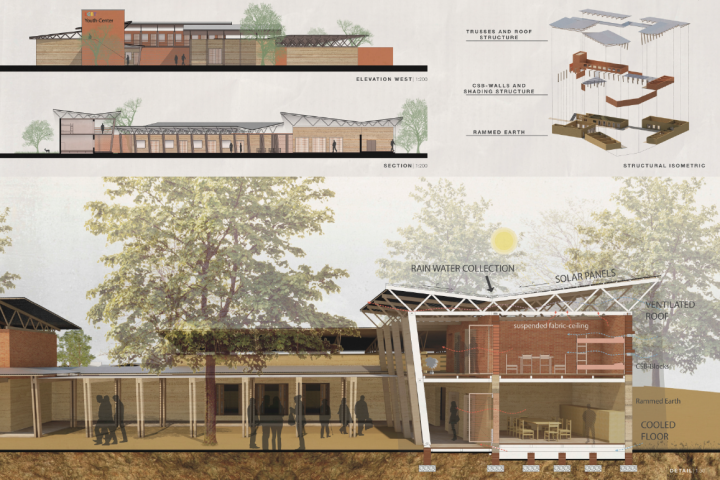
Uganda Youth Centre Competition 2016
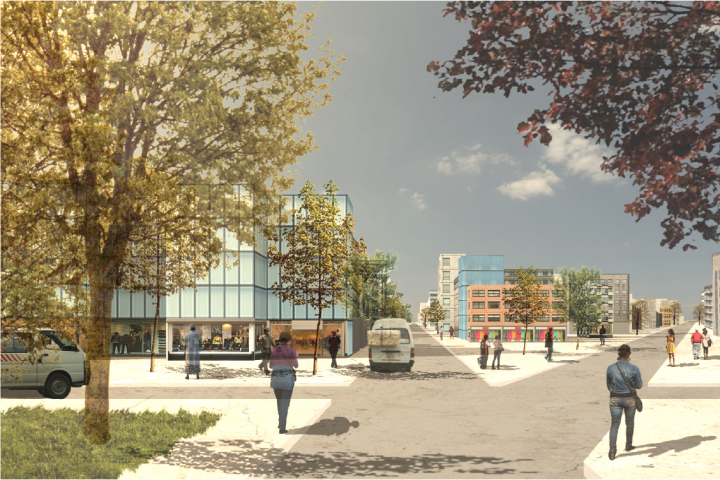
BSc Thesis ‘Urban Framework’
What is Urban Framework?
The concept of Urban Framework is planning and managing urban areas through adaptive, responsive & evidence-based frameworks – creating the environment for sustainable & inclusive urbanisation.
News, Events, Ideas
Stay up-to-date
Contact
Share your feedback, ideas, and proposals
